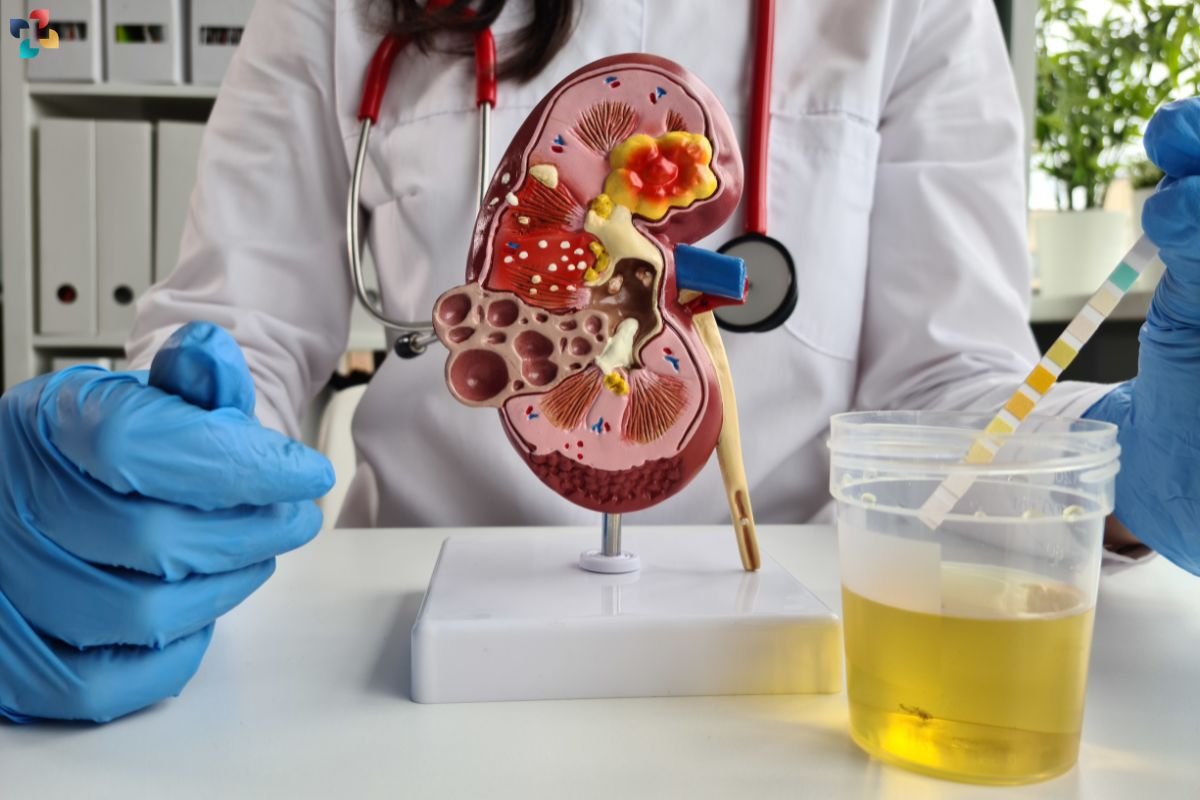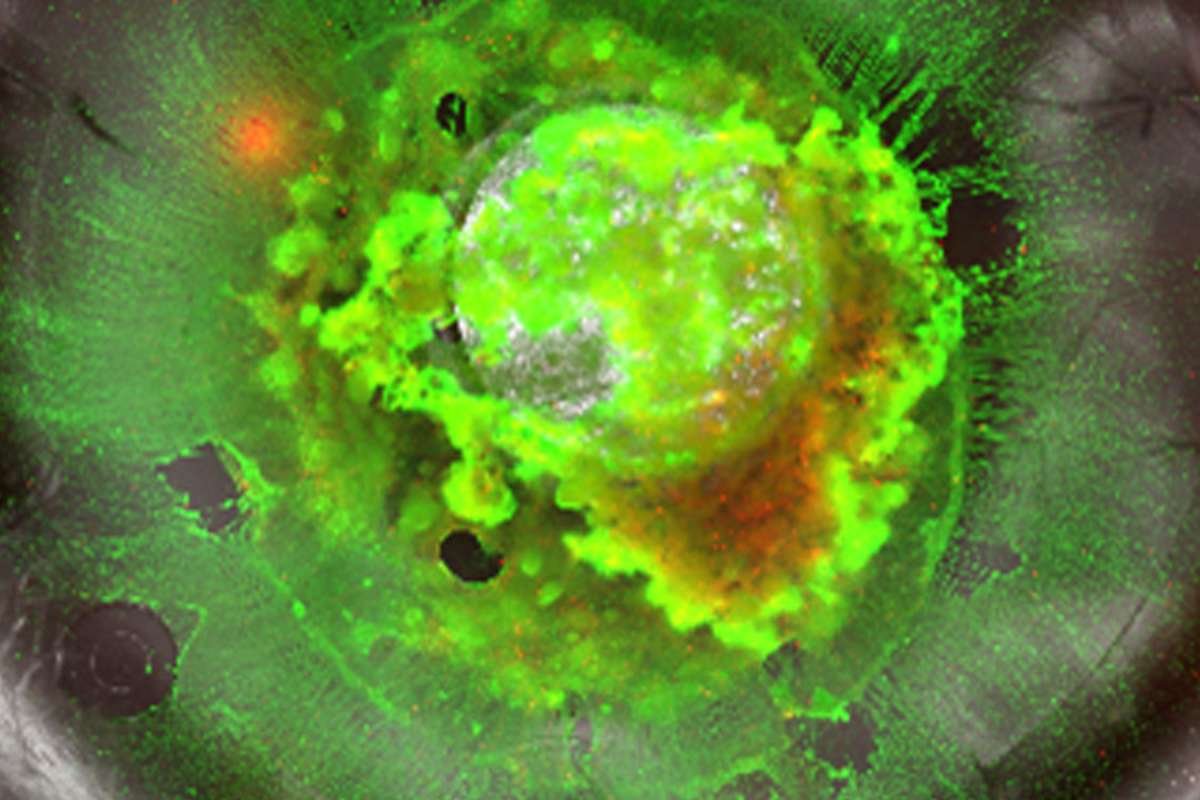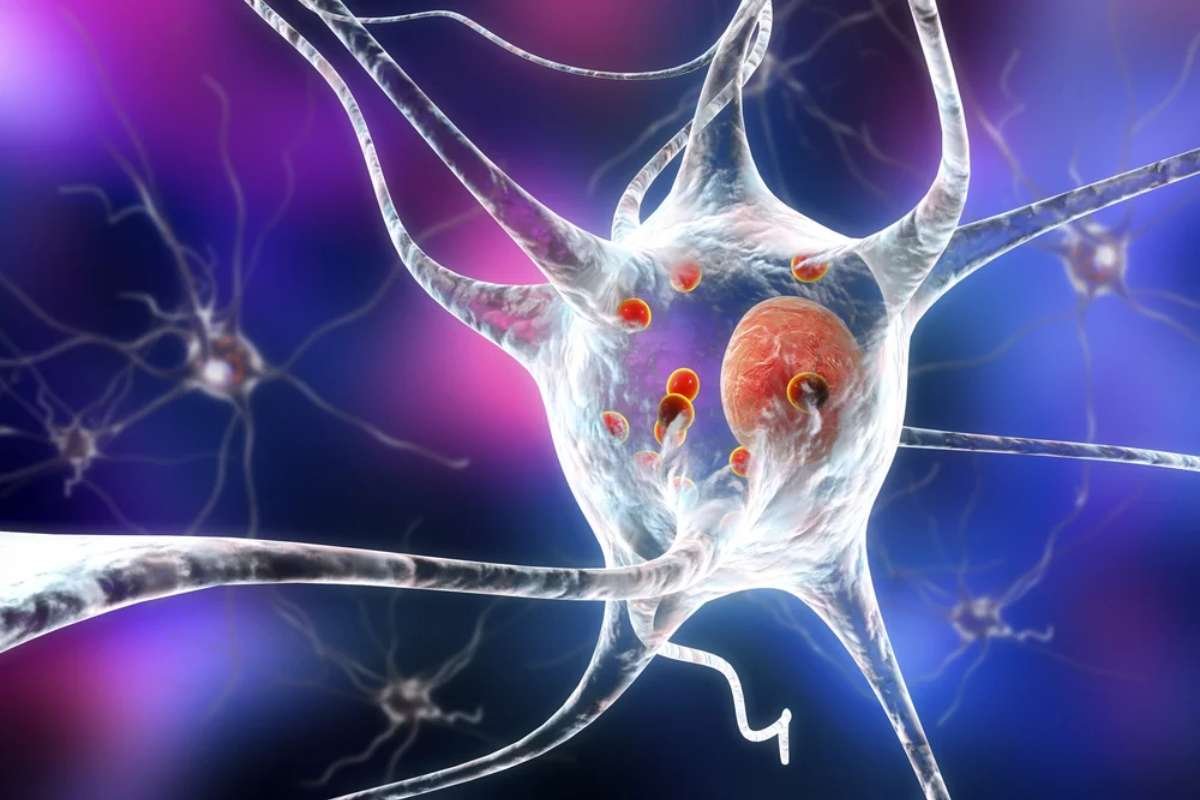Ketones in urine, also known as ketonuria, are a metabolic byproduct that can indicate various health conditions, including diabetes, ketogenic diets, or certain metabolic disorders. While the presence of ketones in urine is not always a cause for concern, it can sometimes signal underlying health issues that require attention. In this comprehensive guide, we will explore the causes, symptoms, diagnosis, and management of ketones in urine, shedding light on this important aspect of metabolic health.
Understanding Ketones in Urine:

Ketones are chemicals produced by the liver when the body breaks down fat for energy in the absence of sufficient glucose. This process, known as ketogenesis, commonly occurs during periods of fasting, prolonged exercise, or low-carbohydrate diets. While ketones are normally present in the blood at low levels, they can spill over into the urine when their production exceeds the body’s capacity to use them for energy. Ketones in urine are typically detected through urinalysis, a simple test that measures the concentration of ketones in the urine sample.
Ketones in urine, also known as ketonuria, can serve as a valuable indicator of metabolic status and health. Understanding the underlying mechanisms of ketone production and their significance in urine can provide insights into various physiological processes and conditions affecting metabolism.
The production of ketones is a natural metabolic process that occurs when the body shifts from using carbohydrates as its primary source of energy to relying on fat stores. This metabolic shift typically occurs during periods of fasting, prolonged exercise, or when following low-carbohydrate diets such as the ketogenic diet. In these situations, the body breaks down stored fat into ketone bodies, such as acetoacetate, beta-hydroxybutyrate, and acetone, to be used as alternative fuel sources by tissues and organs, including the brain.
While ketones play a crucial role in providing energy during times of carbohydrate restriction or energy deficit, their presence in urine can also indicate underlying health conditions. For example, in individuals with poorly controlled diabetes, ketonuria may be a sign of diabetic ketoacidosis (DKA), a life-threatening complication characterized by high blood sugar levels and excessive ketone production. Similarly, ketonuria may occur in individuals with alcoholism, starvation, or certain metabolic disorders affecting fat metabolism.
Urinalysis remains the primary method for detecting ketones in urine, providing valuable information about metabolic status and potential health concerns. By understanding the process of ketogenesis and its implications for urine ketone levels, healthcare providers can make informed decisions regarding diagnosis, treatment, and management of various metabolic conditions.
Causes of Ketones in Urine:
There are several factors that can lead to the presence of ketones in urine, including:
1. Diabetes
In individuals with diabetes, ketonuria may occur when there is insufficient insulin to transport glucose into cells for energy. This can lead to increased fat metabolism and the production of ketones as an alternative fuel source.
2. Ketogenic Diets
Ketogenic diets, which are high in fat and low in carbohydrates, force the body to rely on fat stores for energy production, leading to increased ketone production and ketonuria.
3. Starvation or Fasting
During periods of prolonged fasting or starvation, the body shifts into a state of ketosis, where ketones are produced as a result of fat breakdown for energy.
4. Alcoholism
Chronic alcohol consumption can impair liver function and disrupt normal metabolic processes, leading to increased ketone production and ketonuria.
5. Metabolic Disorders

Certain metabolic disorders, such as inherited disorders of fatty acid oxidation or defects in carbohydrate metabolism, can result in abnormal ketone production and ketonuria.
Symptoms of Ketones in Urine:
Ketones in urine may be accompanied by symptoms such as:
- Excessive thirst
- Frequent urination
- Fatigue or weakness
- Nausea or vomiting
- Fruity-smelling breath
These symptoms may indicate underlying health issues such as diabetic ketoacidosis (DKA) or starvation ketosis, which require prompt medical attention.
Diagnosis of Ketones in Urine:
Ketones in urine are typically detected through urinalysis, a simple test that involves dipping a test strip into a urine sample and observing the color change. The presence and concentration of ketones in the urine sample can be determined based on the color change of the test strip. In some cases, additional blood tests may be performed to assess blood ketone levels and evaluate overall metabolic function.
In addition to urinalysis, healthcare providers may also utilize other diagnostic methods to assess ketones in urine and evaluate overall metabolic function. Blood tests, such as beta-hydroxybutyrate (BHB) or acetoacetate levels, can provide a more accurate measurement of ketone concentration in the bloodstream. These tests may be particularly useful in cases where urinalysis results are inconclusive or when assessing individuals with conditions such as diabetic ketoacidosis (DKA) where blood ketone levels are critical for diagnosis and management.
Furthermore, comprehensive metabolic panels may be ordered to evaluate electrolyte levels, kidney function, and other metabolic parameters that can be affected by ketosis. By combining multiple diagnostic modalities, healthcare providers can obtain a comprehensive understanding of the underlying metabolic status and tailor treatment strategies accordingly.
Management of Ketones in Urine:

The management of ketones in urine depends on the underlying cause and severity of the condition. In cases of diabetic ketoacidosis (DKA), prompt medical intervention is essential to stabilize blood glucose levels, correct dehydration, and restore electrolyte balance. This may involve intravenous fluids, insulin therapy, and close monitoring of blood ketone levels.
For individuals following ketogenic diets or experiencing ketonuria due to fasting or starvation, monitoring fluid intake, electrolyte levels, and overall nutritional status is important to prevent dehydration and electrolyte imbalances. Adjusting dietary intake or seeking guidance from a healthcare professional may be necessary to ensure safe and effective management of ketosis.
Conclusion:
Ketones in urine, while often a normal metabolic response to fasting or low-carbohydrate diets, can also indicate underlying health conditions such as diabetes or metabolic disorders. Monitoring for symptoms of ketonuria and seeking medical attention when necessary is essential for timely diagnosis and management of underlying health issues. By understanding the causes, symptoms, diagnosis, and management of ketones in urine, individuals can take proactive steps to promote metabolic health and overall well-being.
FAQs
1. What are ketones, and why are they present in urine?
Ketones are chemicals produced by the liver when the body breaks down fat for energy in the absence of sufficient glucose. When their production exceeds the body’s capacity to use them for energy, ketones can spill over into the urine, leading to ketonuria.
2. What causes ketones to be present in urine?
Ketones in urine can result from various factors, including fasting, prolonged exercise, low-carbohydrate diets (such as the ketogenic diet), poorly controlled diabetes (leading to diabetic ketoacidosis), alcoholism, or certain metabolic disorders affecting fat metabolism.
3. Is ketonuria a cause for concern?
While ketonuria may occur in response to normal physiological processes such as fasting or low-carbohydrate diets, it can also indicate underlying health conditions such as diabetic ketoacidosis or metabolic disorders. It is essential to consult with a healthcare provider for proper evaluation and management.
4. How are ketones in urine detected?
Ketones in urine are typically detected through urinalysis, a simple test that measures the concentration of ketones in a urine sample using test strips. Additional blood tests may also be performed to assess blood ketone levels and overall metabolic function.
5. Can ketonuria be prevented?
Ketonuria resulting from normal physiological processes such as fasting or low-carbohydrate diets is usually temporary and self-limiting. However, individuals with diabetes or other underlying health conditions should work with healthcare providers to manage their condition effectively and prevent complications such as diabetic ketoacidosis.











